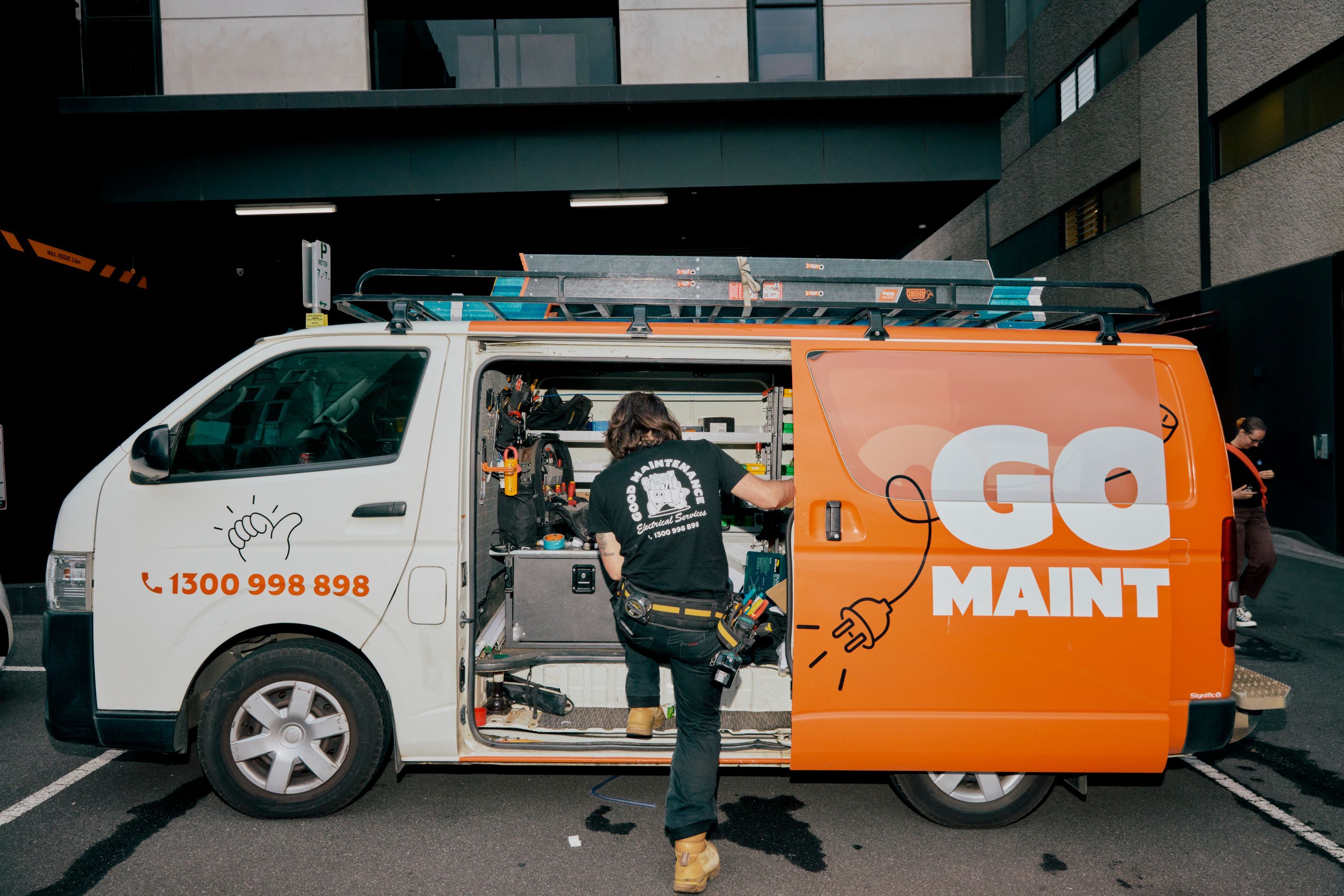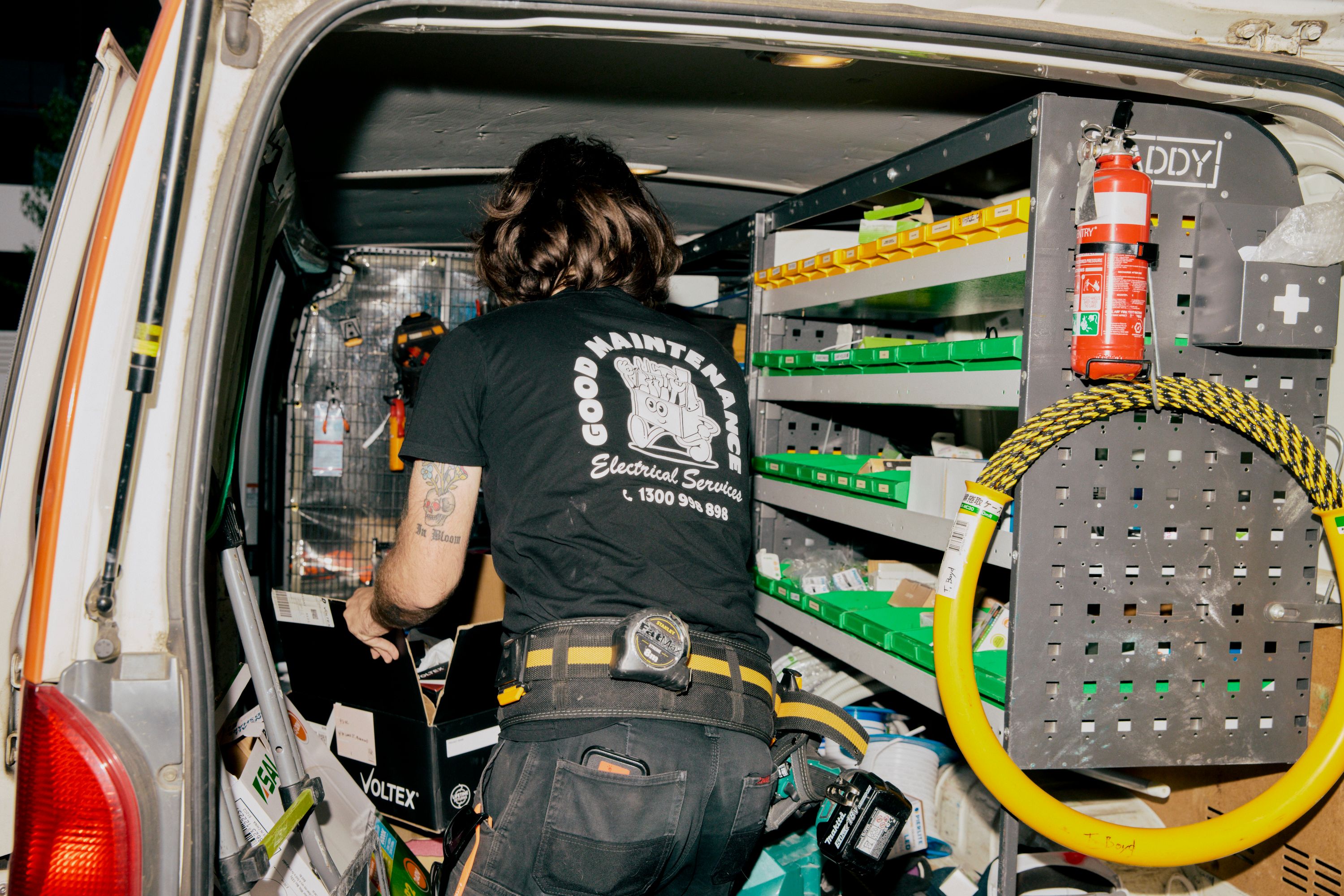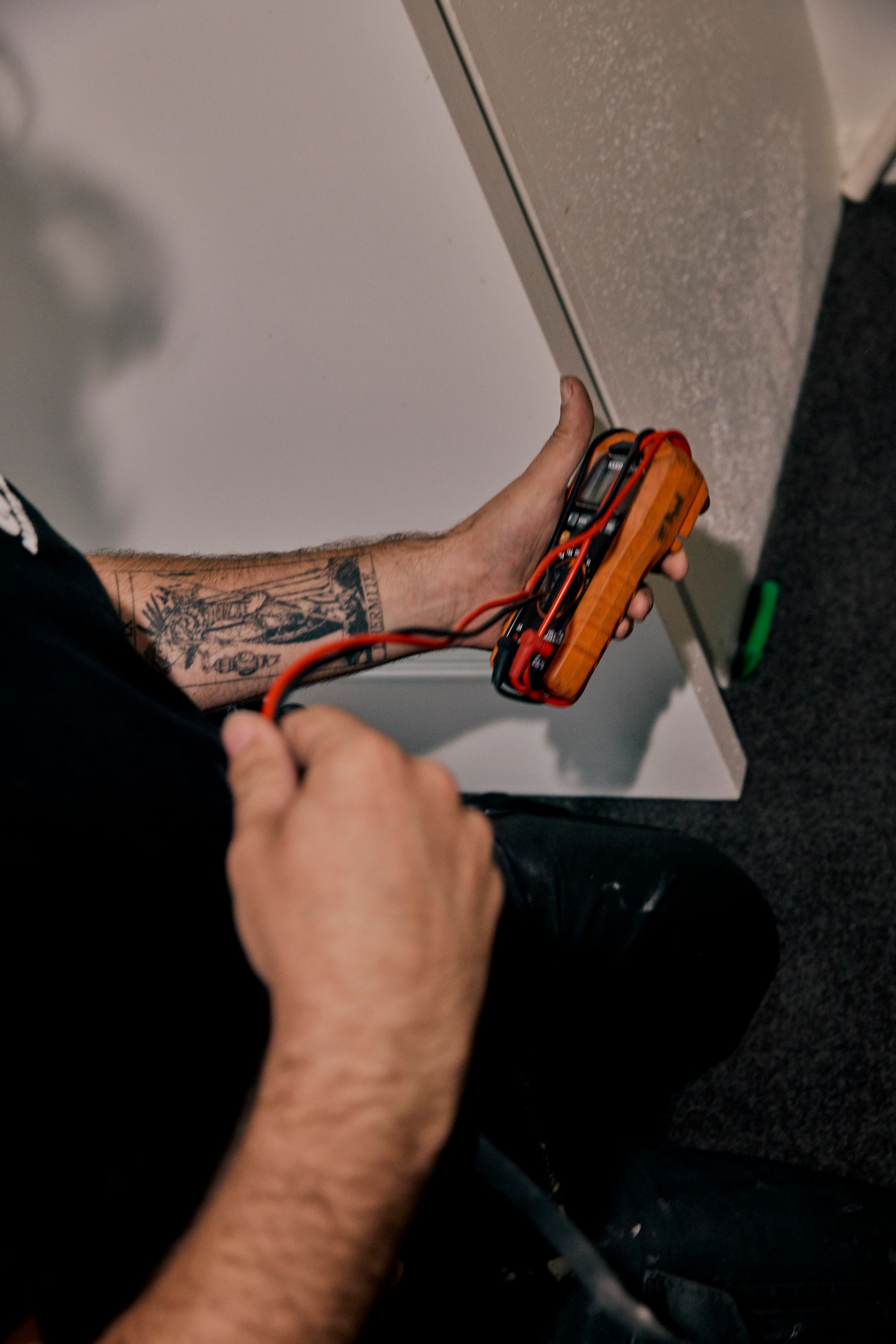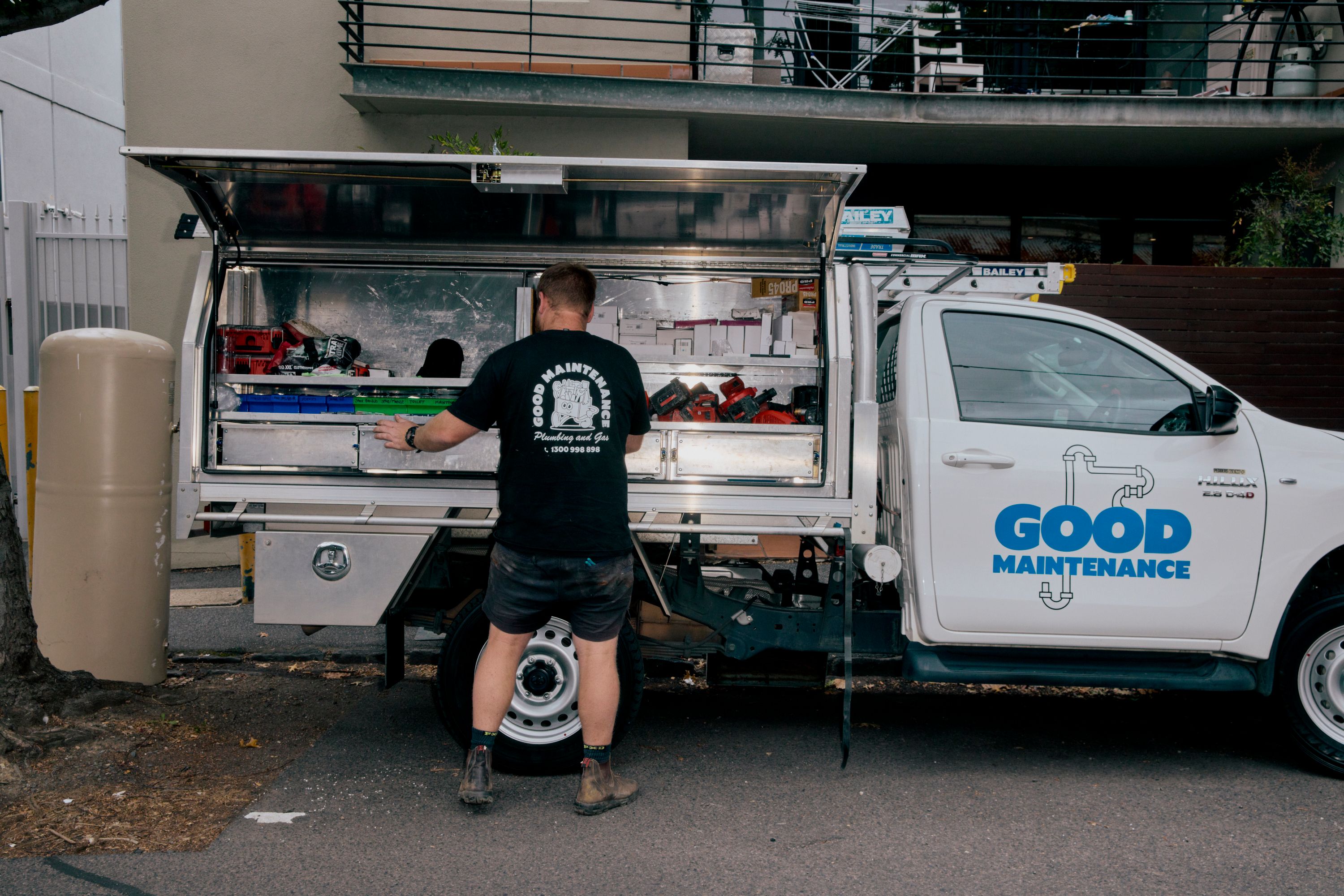An Essential Electrical Safety Checklist for Aussie Homes
Your family's safety is crucial and worth more than any perceived savings from DIY work. Learn more about your home's electrical safety requirements.

We all love the convenience of our electricity, but behind all that convenience lies a system that demands respect and proper maintenance.
With Australia's 240-volt power supply packing more punch than many other countries, electrical safety is absolutely crucial, and the experts at Good Maintenance have some tips and a checklist you'll want to be aware of.
The stuff you can (and should) check yourself
Before we dive into the heavy-duty stuff, there are plenty of simple checks you can do around the house. This is a checklist of your first line of defence against electrical nasties:
- Make it a habit to eyeball your electrical cords and plugs regularly. You're looking for fraying, cracks, cuts, or any exposed wires. If a plug looks bent out of shape or doesn't sit snugly in the socket, that's a red flag. The same goes for any cord that's been chewed by pets or damaged by furniture.
- Your power outlets and light switches can tell you a lot about what's going on behind the scenes. Look for any discolouration, charring, or scorch marks around the plate, as these are signs of overheating. If you spot cracks in the casing or notice any sparking or an outlet ever feels hot to the touch, stop using it immediately and call a professional.
- Safety switches (or RCDs as they're technically called) are literal lifesavers. They're designed to cut the power instantly if something goes wrong. You should test them every three months by finding the 'Test' button on your switchboard. Press the button, and if everything's working properly, you'll hear a satisfying clunk as the power cuts out. Reset it by flipping the switch back to 'on'. If nothing happens when you press test, get on the phone with Good Maintenance straight away.
While you're at it, test your smoke alarms monthly and change the batteries yearly. If you've got a hardwired system that's playing up, that's an electrician's territory.
Why DIY electrical work is a no-go
In Australia, it's illegal to do your own electrical work. This covers everything from installing new power points to moving light switches. Even changing a ceiling fan is off-limits for the average homeowner.
Electrical issues cause about one-fifth of all house fires in Australia. That's not a small number. And unlike that YouTube video that makes rewiring look easy, real electrical work involves complex systems that can kill you if you get it wrong.
Plus, any DIY electrical work will void your home insurance. If something goes wrong and causes a fire or injury, you're on the hook for everything. If you ever try to sell your house, any dodgy electrical work will show up in the inspection.
Why professional electricians are more than worth it
Licensed electricians know which wire goes where and are highly trained (4-5 years of apprenticeship, comprehensive exams, and ongoing training to keep up with changing regulations).
Australian electrical work is governed by strict standards (AS/NZS 3000), and these rules are constantly evolving. For instance, new regulations now require safety switches on all circuits, including those powering your hot water system and cooktop. A professional electrician knows these requirements and ensures your home meets them.
When you hire a licensed electrician, you're also getting their insurance. Licensed contractors carry public liability insurance (usually around $5 million worth), which protects you if something goes wrong. They also provide Certificates of Electrical Safety, which prove the work was done legally and safely.
As many electrical problems are completely invisible, and older homes, particularly those built before the 1980s, often have wiring that's struggling to cope with modern demands, licensed electricians are vital. Our experts, for example, have the tools and knowledge to spot these issues before they become dangerous. We can identify problems like inadequate grounding, overloaded circuits, and deteriorating insulation, all things that could put your family at risk.
Finding the right sparky
Not all electricians are created equal, so do your homework. Always verify their license through your state's register (Energy Safe Victoria has a handy online search tool). Make sure they carry proper insurance and ask for detailed quotes that outline exactly what work they'll do.
Don't be shy about asking for their license number and proof of insurance. Any legitimate electrician will be happy to provide these details.
The Good Maintenance team can help
Electrical safety isn't something you can wing. While those basic checks we mentioned are important and well within your capabilities, anything beyond that needs professional attention. The Good Maintenance team is always here to help ensure your electrical components are working as they should be and your family is safe.
Related articles
Ever plug in your phone charger or kettle only to find the power point's completely dead?

If it's making noise, something's gone wrong.

How good's electricity! But behind all that convenience lies a system that demands respect and proper maintenance.
